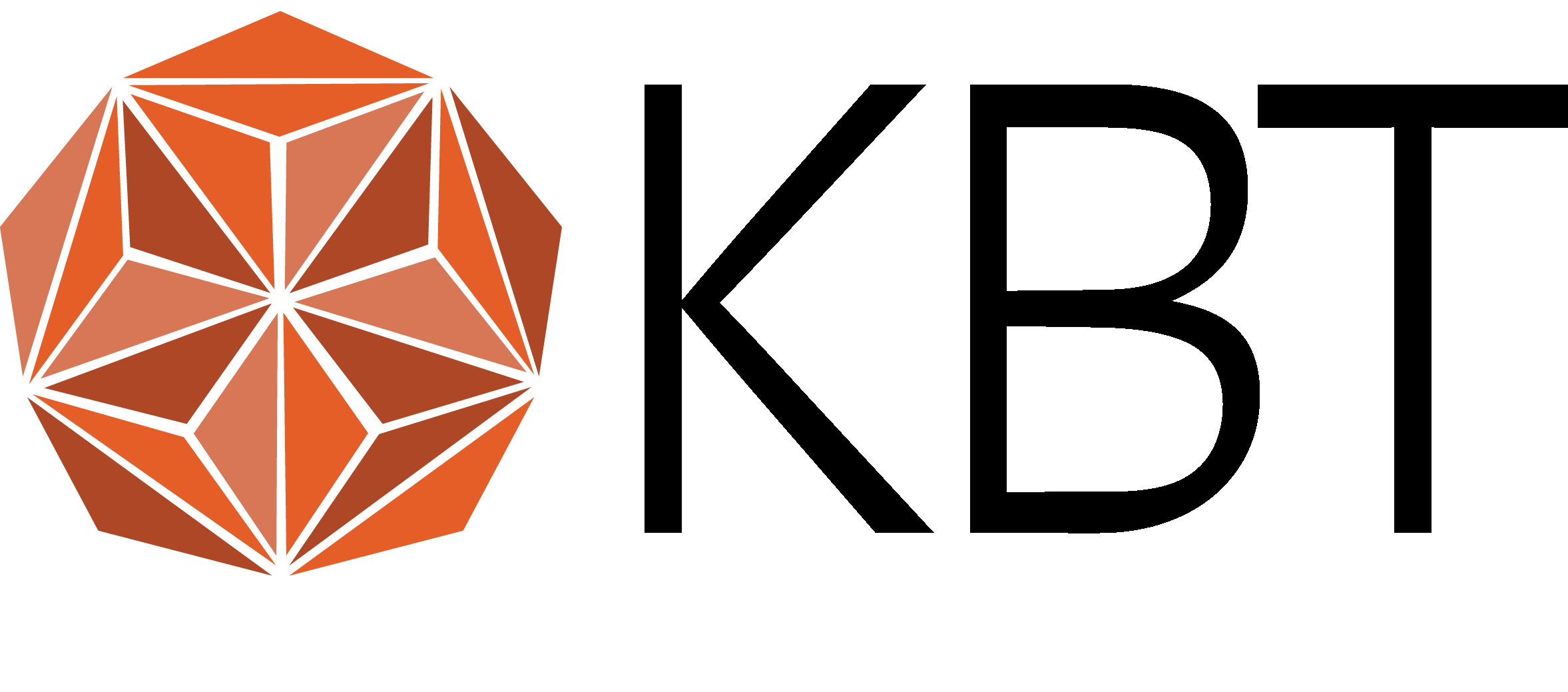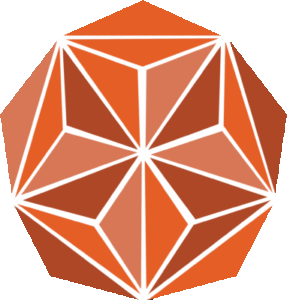Venues and methods
Text by Anne Plathe, 2018. May need some updating.
Service user participation takes place on an individual level on behalf of oneself, at system level on behalf of larger groups, at political level and in research as collaborators. This implies:
- Equal cooperation – participation in own plan and process as a service user.
- IP – Individual plan: Plan / tools for a comprehensive, coordinated and individually tailored service, strengthening the interaction between service and service user/relatives and ensuring service user involvement. The plan is the service user`s own plan, and shall be based on his/her goals and wishes.
- Peer support specialists – Employees hired because of lived experience in health services.
- Written schemes, evaluation forms and questionnaires.
- FIT – Feedbackorienterte tjenester [Feedback-Oriented Services] (also known as KOR – klient- og resultatstyrt praksis [Client- and Preformance-Based Practice]) – Schedule for systematic retrieval of service user feedback about the usefulness of treatment, therapy process and relationship with therapist, based on different evaluation scales. The scheme is filled out by the service user at the end of each treatment session, and becomes the basis of conversation about how the treatment works and what to change. In this way, the service user are given an active role in the treatment and development process.
- Interview and dialogue based evaluation.
- User Interviews User (UIU) – A qualitative method where former service users participate in designing and conducting interviews on current service users. The results are summarized in a final report and shared in dialogue with all involved, including service staff. KBT has long experience with this method.
- Relatives – The service user’s network is involved and motivated to participate in the service user’s recovery process based on his/hers wishes and needs.
- Service user council/panel/committee/working groups – Representatives with an advisory function from a service user perspective on health institutions, with a goal to promote communication with, experiences and challenges, for service development and policies. This takes place at an executive level or in boards in health authorities, departments in health services, planning and working groups in municipalities/counties, quality committees or supervision agencies.
- Ombudsman – In each county, there is an ombudsman with the role of helping patients and clients who do not get the help or treatment they are in need of. Ombudsman acts as a voice for patiens and clients to ensure that rights, safety, needs and interests are met in the health services.
- Dialogue conferences/dialogue meetings – A gathering of service users/service user representatives and professionals/service providers with the goal of creating dialogue about the services, highlighting issues and solutions.
- Learning networks, network meetings and conferences involving adult service users – Dissemination, sharing and development of knowledge and experience with professionals and service users.
- Tvangsforsk – Network for research and knowledge development regarding use of coercion in mental health care.
- Research involving service users as collaborators. Read more:
- Regional user driven centers – Resource bases for service user competence and training in mental health and substance abuse. Work on obtaining, validating and disseminating service user knowledge and experience, as well as training, research and evaluations.
- Competence and knowledge centers:
- Akan – The workplace advisory centre for issues relating to alcohol, drugs and addictive gambling and gaming
- Nasjonalt senter for erfaringskompetanse innen psykisk helse (Erfaringskompetanse.no)
- Norwegian National Advisory Unit on Concurrent Substance Abuse and Mental Health Disorders
- National resource center for self-help (Self-help Norway)
- Drug and alcohol competence centre (KoRus)
- Drug and alcohol competence centre – South
- Drug and alcohol competence centre – Central-Norway
- Drug and alcohol competence centre – North
- Drug and alcohol competence centre – East
- Drug and alcohol competence centre – Oslo
- Drug and alcohol competence centre – West Bergen
- Drug and alcohol competence centre – West Stavanger
- Samisk nasjonalt kompetansesenter for psykisk helse (SANKS)
- Nasjonalt kompetansesenter for psykisk helsearbeid (NAPHA)
- Nasjonalt kompetansesenter for nevroutviklingsforstyrrelser og hypersomnier (NEVSOM)
- The National Institute on Intellectual Disability and Community (NAKU)
- Regionalt ressurssenter om vold, traumatisk stress og selvmordsforebygging (RVTS)
- Norwegian centre for violence and traumatic stress studies (NKVTS)
- The McPin Foundation
- Service user / Next of kin Organizations, Nonprofit Organizations, Foundations, Voluntary Bodies created to protect the Interest of adult service users – Represents knowledge and experience from service users and engages in counseling, dissemination, training, support and enhancement of the service user voice at individual level, system level, and political level. See:

